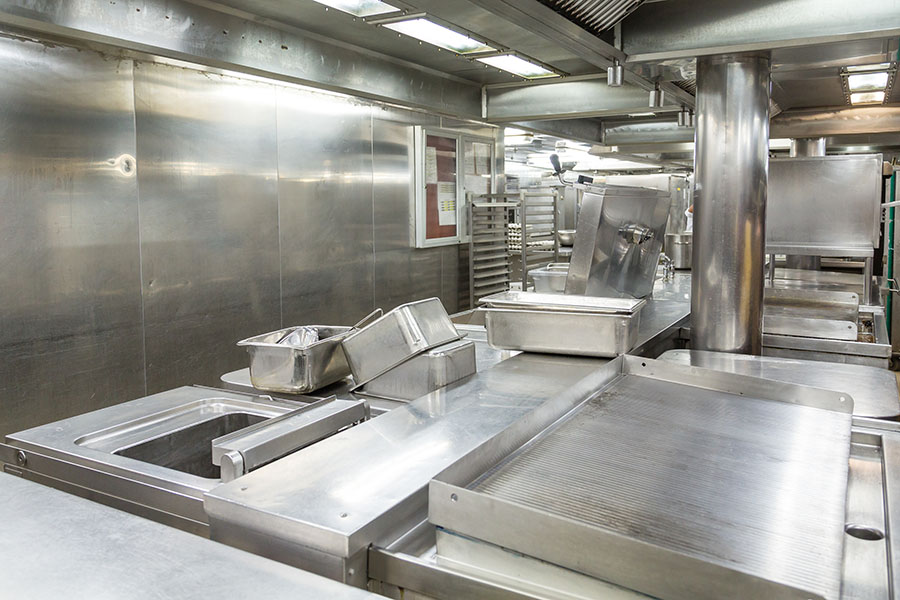The kind of bankruptcy that a business files is not always the same and will require consultation with legal counsel to determine which filing makes the most sense. The five types of bankruptcy are:
• Chapter 7. This applies to an individual, a couple or business partners. A trustee is put in charge of identifying which assets will be exempted from bankruptcy. The rest of the assets are then sold and distributed among creditors.
• Chapter 9. This type of bankruptcy proceeding particularly deals with municipalities.
• Chapter 11. Usually only applies to business corporations. It usually involves restructuring, debt consolidation and other means of reorganization.
• Chapter 12. This type of bankruptcy is exclusively for family farmers and fishermen. All debts are paid out of future earnings.
• Chapter 13. A bit like Chapter 11, but for an individual. The filer is allowed to retain his property and pay off his credits out of his future salary.






